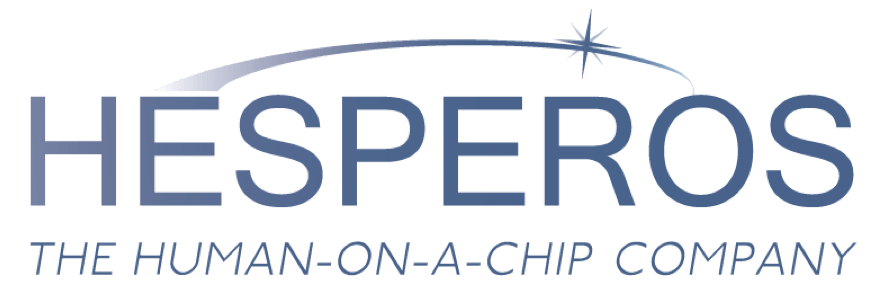Hesperos, Inc., (www.hesperosinc.com) announced today the University of Central Florida (UCF) received the first phase of a $3.8 million milestone-based National Institutes of Health (NIH) grant for research involving the company’s human-on-a-chip system.
“We are grateful to have funding to support research in an area that represents such a large and growing need,” said Dr. Hickman. “Our interconnected human-on-a-chip system provides a non-invasive way to emulate the response of compounds among all ‘organ’ compartments, and to concurrently predict potential toxicity and efficacy of drugs, including opioids and opioid antagonists such as Narcan.”
The funding comes from the NIH’s Helping to End Addiction Long-term Initiative, or the NIH HEAL Initiative. The initiative aims to improve treatments for chronic pain, curb the rates of opioid use disorder and overdose and achieve long-term recovery from opioid addiction. The National Institutes of Health launched the Helping to End Addiction Long-term Initiative, or NIH HEAL Initiative, in April 2018 to improve prevention and treatment strategies for opioid misuse and addiction and enhance pain management. More information about the grants awarded by the NIH HEAL Initiative can be found here.
“It’s clear that a multi-pronged scientific approach is needed to reduce the risks of opioids, accelerate development of effective non-opioid therapies for pain and provide more flexible and effective options for treating addiction to opioids,” said NIH Director Francis S. Collins, M.D., Ph.D., who launched the initiative in early 2018. “This unprecedented investment in the NIH HEAL Initiative demonstrates the commitment to reversing this devastating crisis.”
Under this program, Hesperos will build overdose models in a multi-organ system and evaluate the acute and chronic effects of overdose treatments, such as Narcan, on overdose recovery and efficacy. The research will provide insight into the impact of both opiate overdoses and treatment drugs on the kidneys, heart, muscles and liver, as well as explore how these drugs impact the part of the brain that controls breathing to reproduce overdose conditions.
Hesperos seeks to radically change established practice in drug discovery and testing by bypassing animal experiments and extensive clinical trials to provide treatments for diseases and clinical conditions such as overdose. Dr. Hickman developed the human-on-a-chip system at UCF in collaboration with Michael Shuler, President and CEO at Hesperos and Professor Emeritus, Cornell University. UCF licensed the technology to Hesperos, which was co-founded by Dr. Hickman and Dr. Shuler.
“Over the past few years we have formed multiple collaborations with companies and nonprofit organizations seeking more efficient and effective alternatives to preclinical evaluation of drugs or toxicity tests on chemicals without lengthy, expensive animal studies,” Dr. Shuler said. “We recently published results in Nature Scientific Reports and Science Translational Medicinesupporting the ability of our system to truly revolutionize the drug discovery process.”
